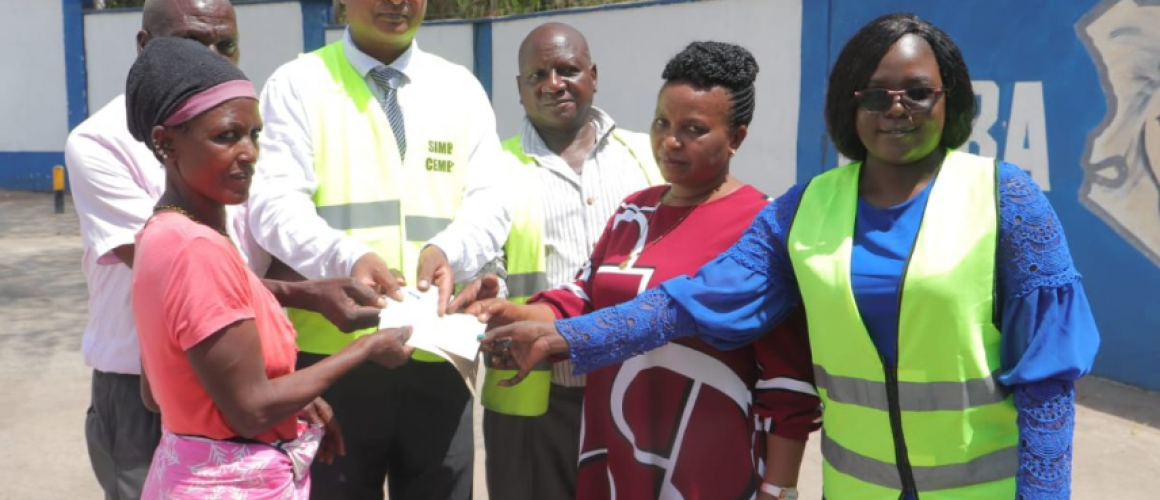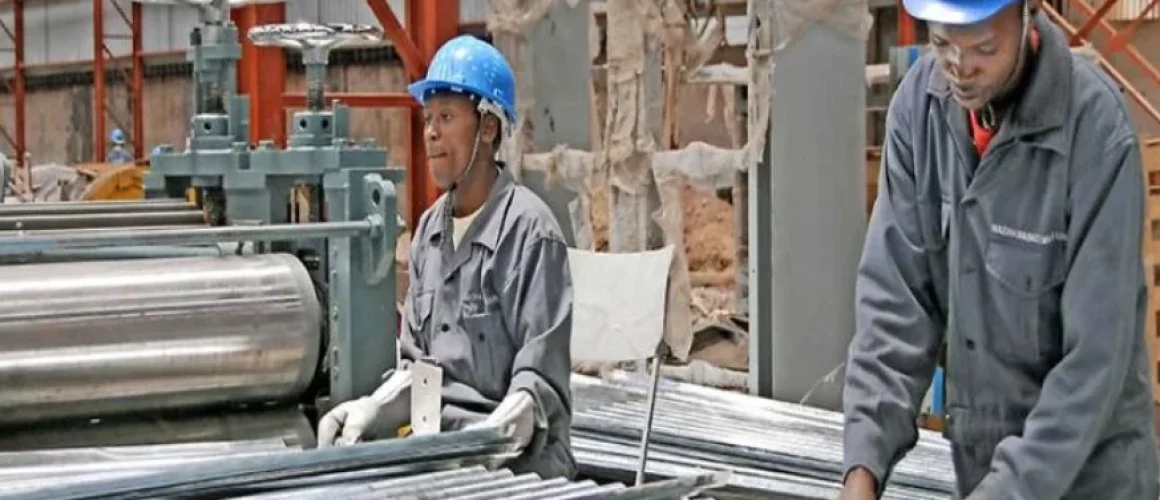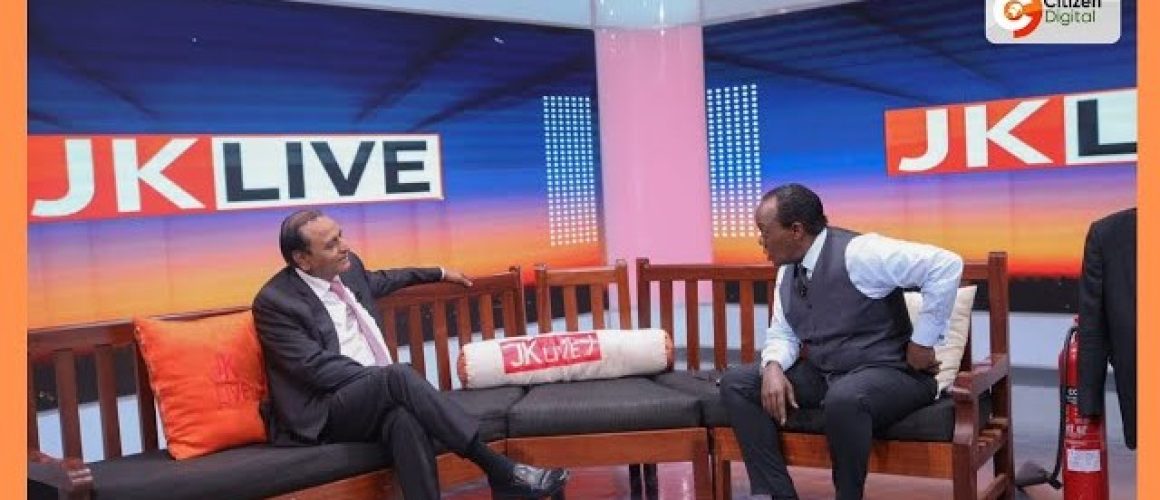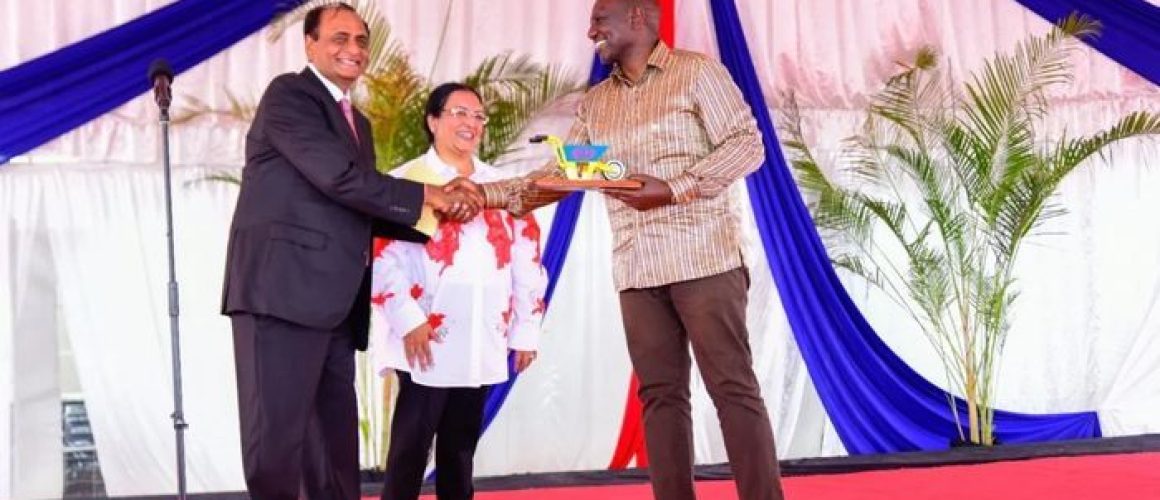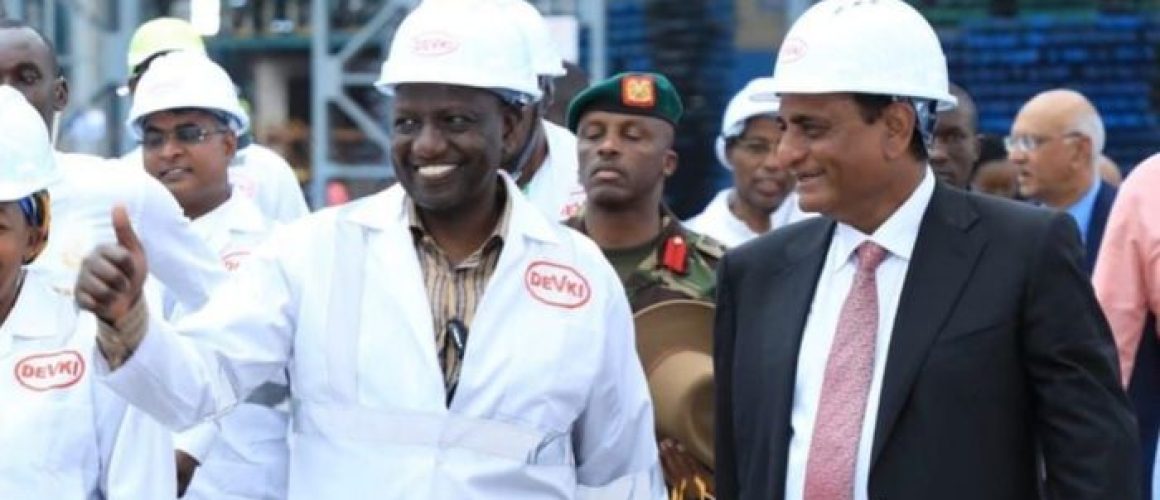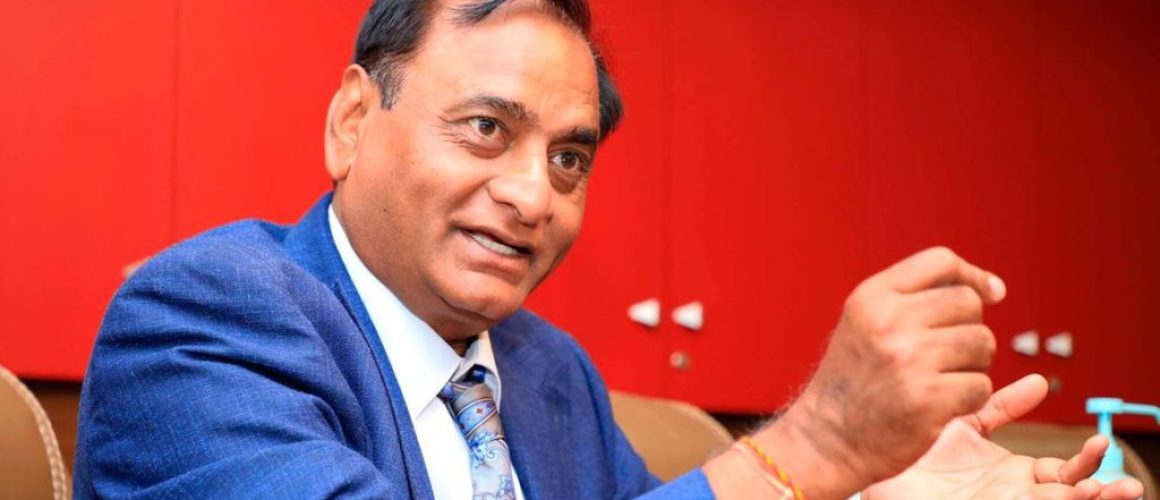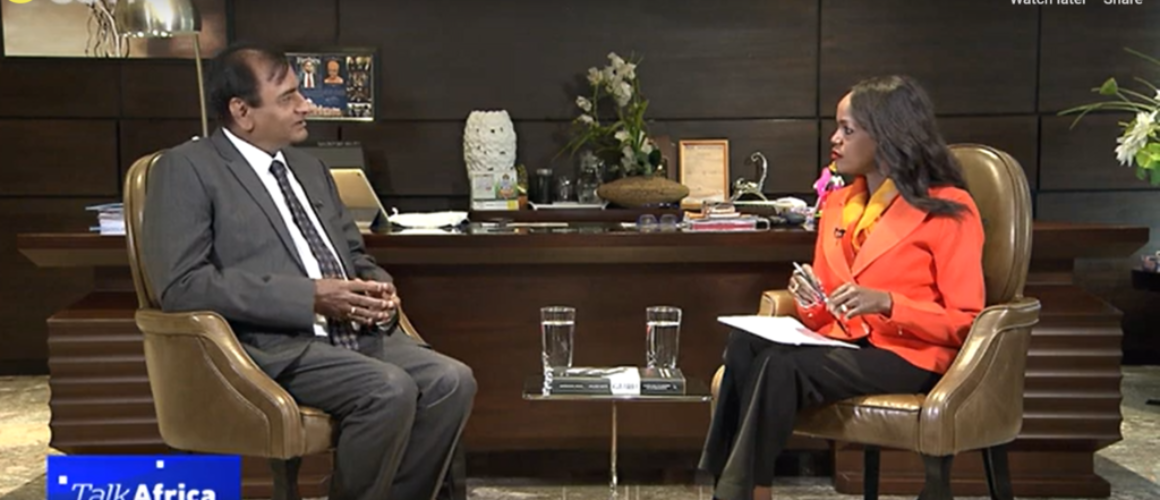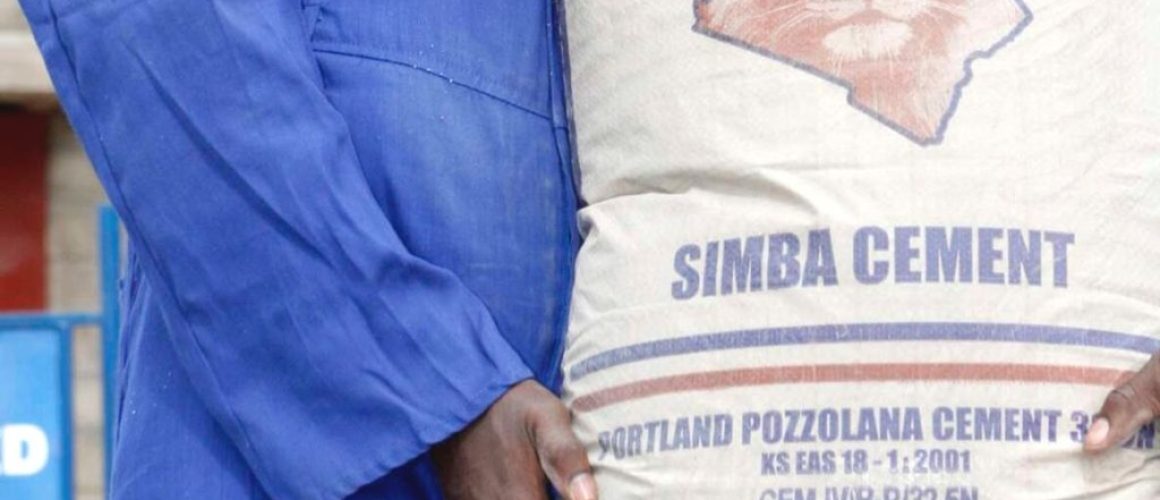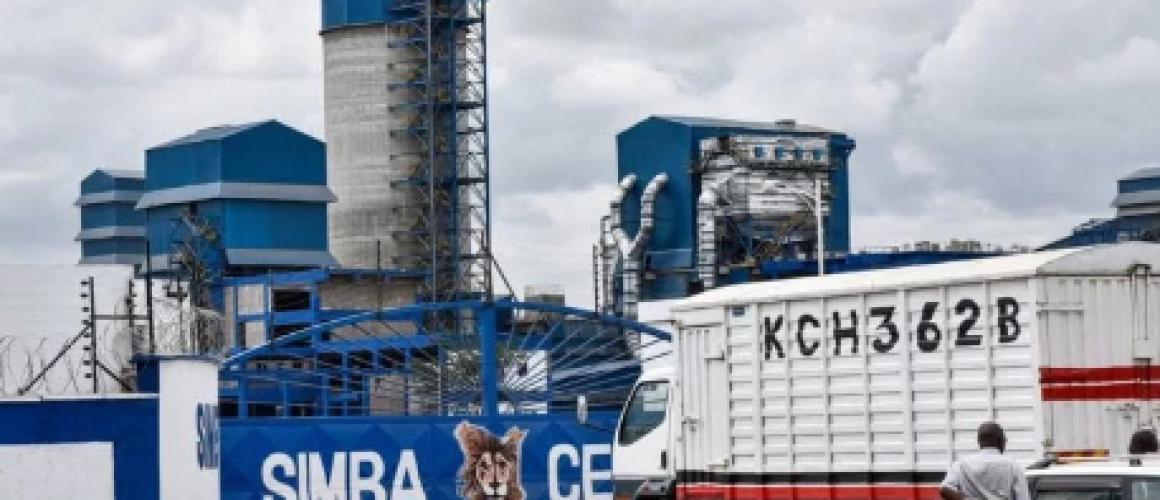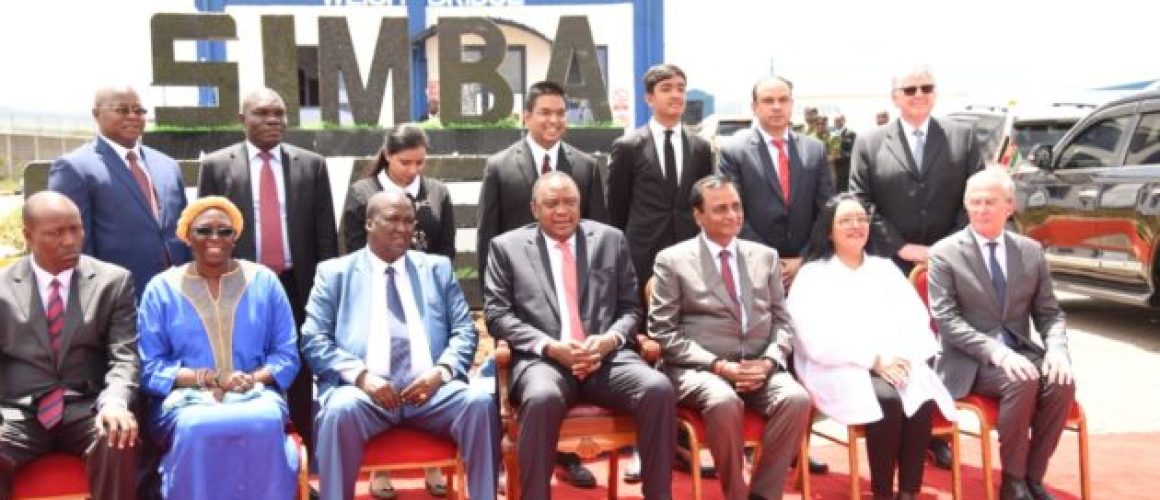Social Commitment: Helping the needy
Five students from Nakuru County will finally join high school after Simba Cement Company awarded them scholarships.
The children who scored above 350 marks in their KCPE exam results released last December were yet to join high school due to lack of fees.
While issuing the cheques to the students, the head of administration of Devki Group of companies Peter Paul said that the company would continue supporting more children from poor backgrounds who performed well in their national examinations.
“We have today cleared school fees for the first year and we shall continue supporting them for as long as they continue with the good performance,” said Paul at the Simba factory in Salgaa, Nakuru Factory.
He disclosed that the company is also in the process of coming up with a feeding program targeting two local primary schools and two orphanage homes within the locality in Nakuru County where the company is located.
“We are planning to start supplying the community with clean drinking water as well as embark on a school feeding programme targeting at least 2,000 children,” Paul added.
The schools selected to benefit from the feeding program include Mukinyai Primary School and Matuiku Secondary School all located in Nakuru County.
He said last year, the company renovated three classrooms and an administration block at Mukinyai Primary School.
One of the parents of the beneficiary students Gladys Dama said she had lost hope that her daughter would join high school and thanked the cement company for the scholarship.
Dama said that her daughter scored 370 marks and was supposed to join Kisumu Girls High School but was unable to do so due to lack of fees.
Simba cement is an affiliate to the Devki group of companies owned by Dr. Narendra Raval, a Kenyan industrialist, entrepreneur and philanthropist of Indian Gujarati origin.
Dr. Raval is the executive chairman of the Devki group of companies, a conglomerate in East Africa that manufactures steel, aluminum and cement.

